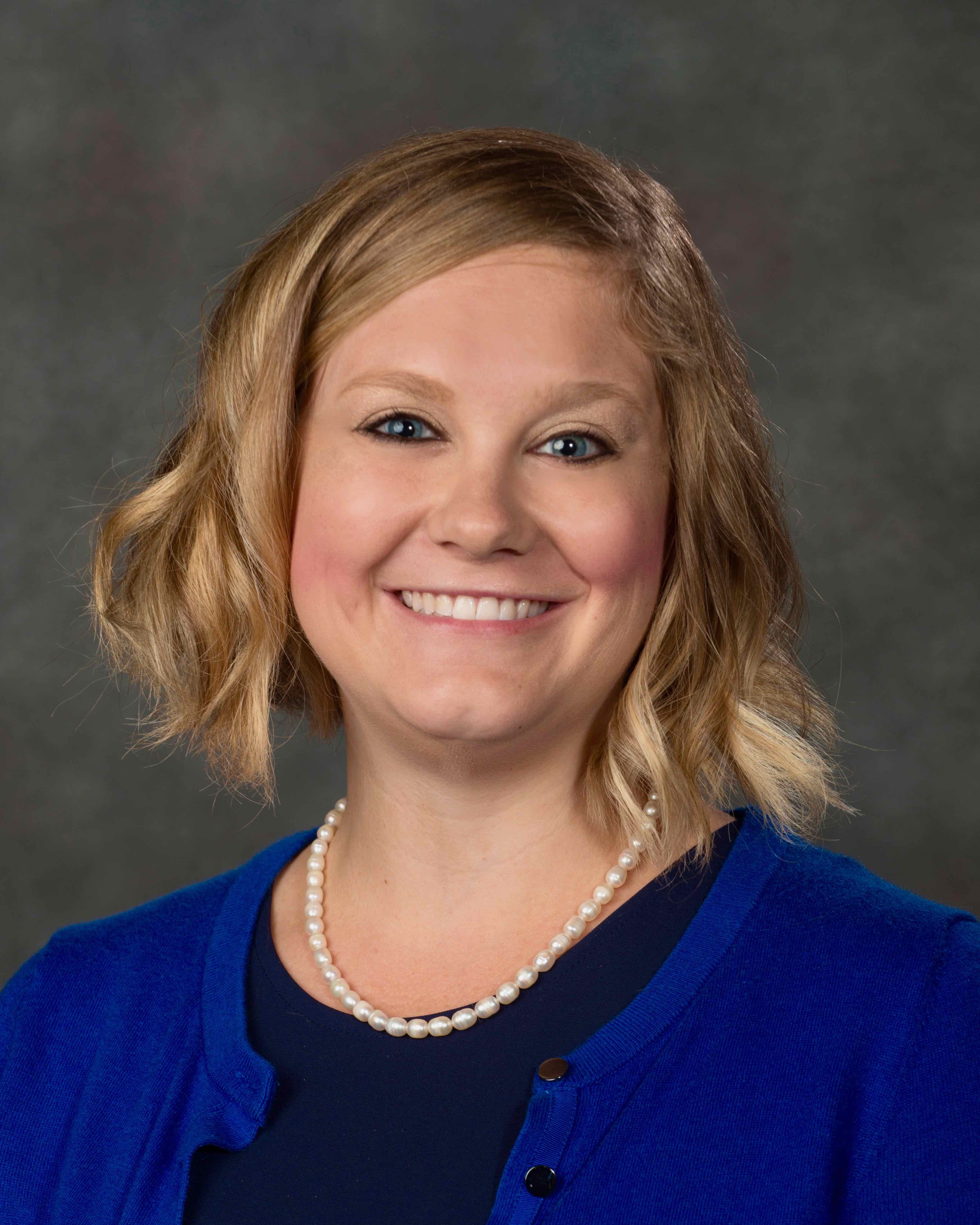
Dr. Tiffany Messer
Water Quality Engineer, Assistant Professor
Biological Systems Engineering and School of Natural Resources
Identifying, tracing and treating contaminants in agricultural ecosystems are three important aspects to reaching the goal of improving water quality in the Midwest and beyond. Dr. Tiffany Messer’s Mesocosm Ecological Systems Observation (meso) Laboratory investigates methods to improve Best Management Practices (BMPs) to treat and/or remove nutrients and contaminants introduced to the environment by humans. By identifying, tracing, and treating those contaminants, Tiffany and her research team are improving water quality and allowing the ecosystem to revive itself.
The mesoLAB uses mesocosms, which are experimental systems that imitate miniature designs implemented in the natural environment under controlled conditions. Mesocosms are a cost-efficient method for researchers to determine contaminant removal processes. Currently, the Messer research team's mesocosm research is focused on Floating Treatment Wetlands (FTWs). FTWs are wetland islands or artificial reed beds that can be placed on top of lakes as a treatment method for reducing nutrients, which provides prevention to algal blooms in Nebraska. FTWs consist of emergent macrophytes, specifically a wetland plants, large enough to be visible to the naked eye, that grow on a floating mat on the lake water surface in contrast to being rooted in sediment. FTWs have the potential to provide water treatment for total nitrogen, ammonium-N, nitrate-N, E. coli, phosphate-P, and total phosphorus. However, many questions remain about FTW systems, specifically regarding their potential use in the Midwest along with their management and design requirements.
The Messer research team is using FTW mesocosms to study contaminant removal processes and make recommendations for FTWs, specifically to improve Midwestern water quality. When identifying, tracing and treating contaminates in agricultural ecosystems, the Messer research team covers anything from microplastics and pesticides to antibiotics and nutrients such as fertilizers. The team first identifies where the contaminants come from and then traces where they’re going to. Once the contaminants are identified, Tiffany and her team develop treatment practices such as floating treatment wetlands and filter strips to help initiate the ecosystem process of treating itself to recuperate. From her research, Tiffany has found ways and processes to prevent people, animals, plants, and non-target species from being impacted by contaminated water.
Tiffany and her team have published five publications this year focusing primarily on fate and transport pesticides and methods for treating nutrients in lakes.
Along with her research, Tiffany also teaches BSEN 200, computer programming, Grad Seminar 1 (BSEN 889), and interdisciplinary wetlands in the School of Natural Resources (BSEN 468/868). Every freshman and graduate student in BSE gets to interact with Tiffany during their first year in the college. In the interdisciplinary wetlands class, students interact a lot with natural and treatment wetlands, and the class allows Tiffany to integrate her research into the classroom. The students design their own treatment wetland and use information from Tiffany’s research along with information they discover on their own by thinking innovatively. Tiffany says the highlight of her day and job is working with students and getting to see the light bulb turn on when a student discovers something new.
Article written by Emi Lesser